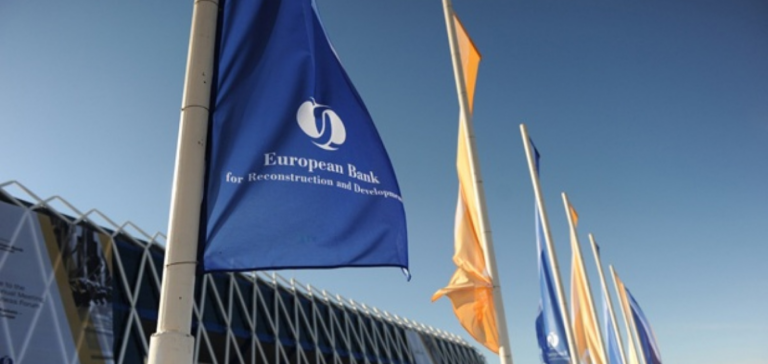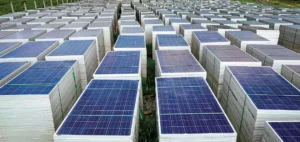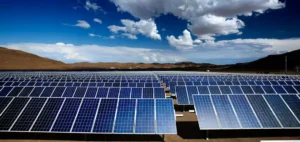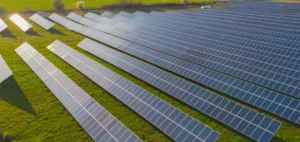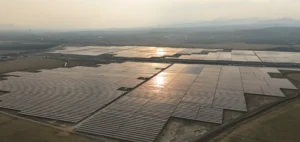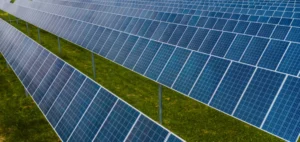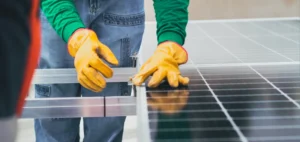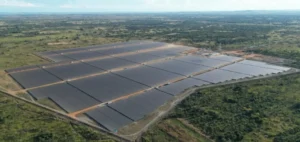In Egypt, the EBRD (European Bank for Reconstruction and Development) is providing $5.5 million to TAQA PV.
Financial support
In Egypt, the EBRD is extending its support to TAQA PV to encourage the expansion of renewable energy. The new funding will support the construction and operation of a solar photovoltaic project. It will be located in El Minya and will have a capacity of 7MWp.
The financing consists of a $4.95 million loan and a $550,000 concessional loan from the Global Environment Facility. TAQA PV will sell all the electricity produced to ASCOM Carbonate and Chemical Manufacturing. Thus, it is a private to private project, supported by the EBRD.
The EBRD was already delivering a $4.2 million loan in December 2020 in Egypt. It finances the construction and operation of a 6MWp solar photovoltaic plant. This power plant allows the largest dairy farm in Africa to ensure, in part, its energy consumption, thanks to clean energy.
A major player
The EBRD is a long-time player in Egypt. The bank already supports 154 projects for a total of €10.3 billion. Thus, by supporting the growth of renewable energy in Egypt, EBRD is contributing to the country’s transition.
The Egyptian government announces its goal of reaching 42% renewable energy by 2035. However, currently this figure is around 20%. However, in recent years, Egypt is diversifying and liberalizing the energy market.
The objective is to facilitate the private development of renewable energy. The TAQA PV project is part of the Southern and Eastern Mediterranean Private Renewable Energy Framework (SPREF). Thus, this EBRD-supported project is an important step in the liberalization of the electricity market in Egypt.

